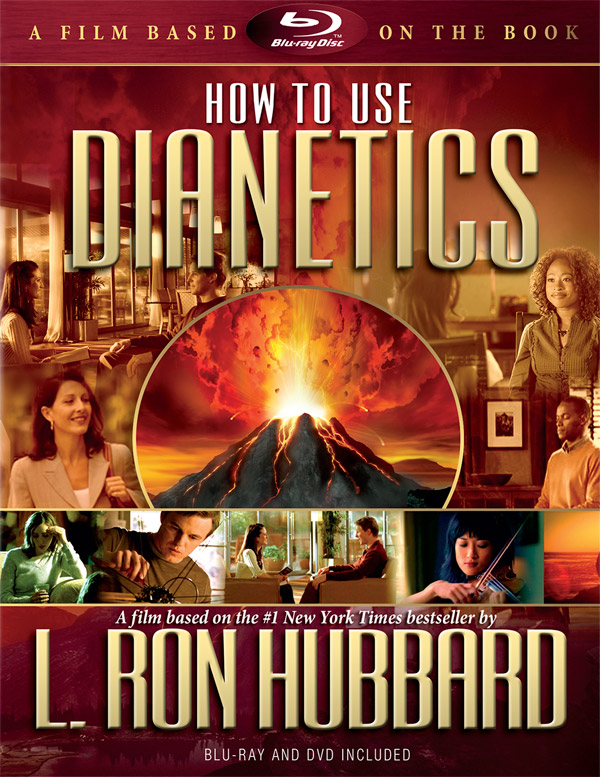Dianetics - Truths
Dianetics - Truths
Blog Article
A Biased View of Dianetics
Table of ContentsSome Of DianeticsThe Best Guide To DianeticsMore About DianeticsDianetics Things To Know Before You Get This
I couldn't ever before not intend to receive anything that comes to mind for you- if it was or else, I would not be sitting right here with you, doing this. I not just might never have a trouble, or otherwise wish to hear something that enters your mind for you, however I'm completely excited to know every idea, every idea, every picture or sensation that arises or materializes for you- don't ever before believe otherwise, and if somehow you do, please just allow me know! Often, you might have a thought, and photo, idea or incident appear that does not seem to answer the concern, or associate to it, however nevertheless, constantly do tell me about it, and as we proceed, the significance will emerge for you.This is fundamental in the basis of handling, and the subject of this discussion: the fundamental roles of the therapist and the customer: The standard role of the therapist is, unlike "conventional training", not to manage, which means to implement and/or inhibit, yet to rather function from the basis of EMPOWERING THE CLIENT.

The Of Dianetics
John Mcmasters expressed this fundamental truth wonderfully well in one of his talks on Power processing, in which he describes just how he was asked what this "special propensity" was that he had for giving such great sessions; he needed to think regarding that for a minute, and detected that it was what he wasn't doing, as well as what he was doing: he wasn't reviewing, evaluating, computer, or as a matter of fact, producing any kind of thoughts, not to mention spoken expressions, after offering the command and while waiting for the PC to finish their response to their complete satisfaction; he was, merely and just, being present with the PC, and entirely interested.
The duty of the counselor, showed; that was his "special propensity". I have had my own experience which showed me this well, extremely early on in the game. In 1982, having recently completed my training and internship on New Era Dianetics, I was running this on a PC, and there was a point in the session where (being a little bit wet behind the ears not yet having many hours under my belt as a professional auditor) the computer seemed to be "taking also lengthy" to share anything vocally after I offered him a command.
This trick ended up being one of the most valuable contribution that John ever made to the subject of therapy or auditing (Dianetics). In my modest point of view, it is the best payment that anybody has ever made to these subjectsthe application is totally non-judgemental, non-evaluative, and without any kind of tip, guidance or opinion.no preconditioned program for individuals, or 'degrees' that they should do
In Idenics, the only resource of information about a customer is the specific client. In Scientology we prided ourselves on not evaluating for individuals. Yet all that truly suggested was that the auditor did not vocally examine for the PC in session. The registrars and principles officers reviewed for the computer.
Rumored Buzz on Dianetics

Any person who browse around here had ever seen John audit might not assist yet notice an one-of-a-kind quality in his bookkeeping."The client's standard function is to be there with the objective of relocating the instructions of their spiritual goals, and to freely and completely share and experience whatever manifests for them in addressing the questions and performing the directions in the handling.
This is something to process as required. Additionally, individuals frequently have previous experience and/or indoctrination in auditing/processing click for more info which, in some methods, and to some levels, actually misleads them right into mindsets, concepts and behavior patterns that avoid the full realization of these roles, and so they will certainly have a tendency to hinder the expressing of what comes to mind, as in the instances given over - Dianetics. * The initial, and perhaps leading instances of mis-indoctrination bring about much less than completely smooth and reliable sessions, can be discovered in specific elements of the training routines, or "TR's":"TR's" are usually an individual's very first, or a minimum of early, experience in Scientology, and while I will certainly go on to explain what I see as the flaws in concept and practice, nonetheless, have a tendency to be substantially healing, done as they are offered (Hubbard urges that "TR's are not refining, they are educating", yet factually, they are both handling AND training)
There is no "failing", and no rejection of the fact of this being this page processing. The focus, as it needs to be, is on experiencing the various other person's visibility.
Dianetics Things To Know Before You Get This

Report this page